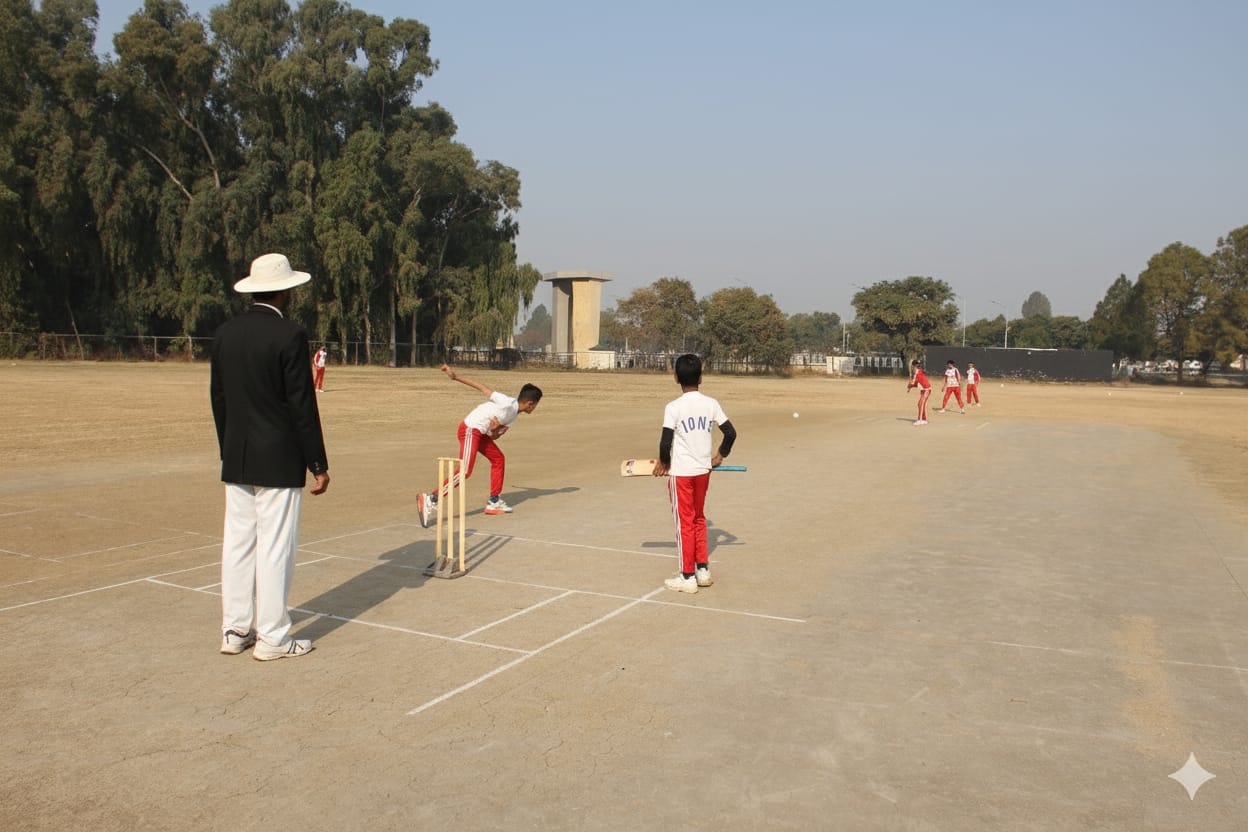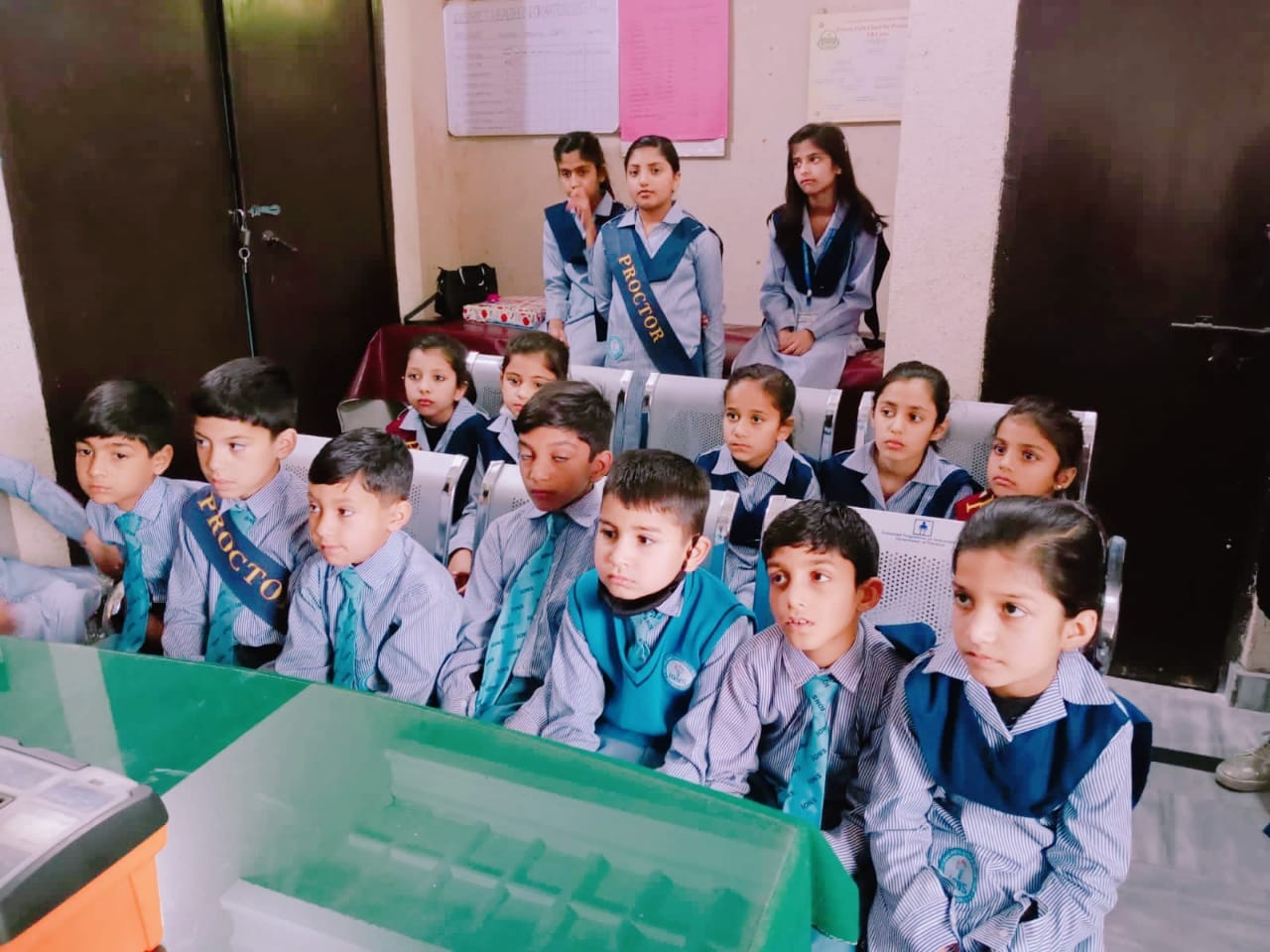Education is not confined to classroom walls. While academic learning plays a crucial role in shaping young minds, outdoor activities add an equally important dimension to the growth of students. Schools that encourage outdoor experiences—whether through sports, nature walks, or group challenges—empower children with skills that textbooks alone cannot provide.
Building Physical Strength and Healthy Habits
Outdoor activities are the foundation of a healthy lifestyle. From simple playground games to structured sports, they help children develop strength, stamina, and coordination. Regular exposure to physical exercise also reduces the risk of obesity, improves cardiovascular health, and encourages lifelong habits of fitness.
Enhancing Social Skills
Team-based activities allow students to interact beyond classroom settings. Whether working together in a football match or collaborating during a field trip, they learn values like cooperation, respect, and empathy. Outdoor spaces also create opportunities for shy or quiet students to build confidence and participate actively.
Strengthening Emotional Well-Being
Fresh air, sunlight, and open spaces are proven to boost mood and reduce stress. In a world where children are increasingly exposed to screens and digital distractions, outdoor learning provides a much-needed balance. Activities like gardening, nature exploration, or group exercises give students mental clarity and improve emotional resilience.
Developing Problem-Solving and Leadership Skills
Outdoor activities often involve challenges—navigating obstacles, competing in sports, or managing group tasks. These situations build problem-solving abilities and decision-making skills. Students naturally learn leadership when they step forward to guide peers, resolve conflicts, or achieve common goals.
Connection With Nature and Environment
Schools that integrate nature-based activities help children understand their responsibility toward the environment. Field trips to parks, tree planting drives, or environmental projects not only build awareness but also instill a sense of stewardship for the planet.
Improving Academic Performance
Interestingly, outdoor activities complement academic performance. Studies show that students who engage in physical and recreational activities have better focus, memory, and creativity. By balancing classroom lessons with outdoor learning, schools can create well-rounded individuals ready to face future challenges.
Conclusion
The transformative power of outdoor activities lies in their ability to educate the whole child—physically, socially, emotionally, and intellectually. Schools that invest in outdoor programs create environments where students not only succeed academically but also grow as healthy, confident, and responsible individuals.




